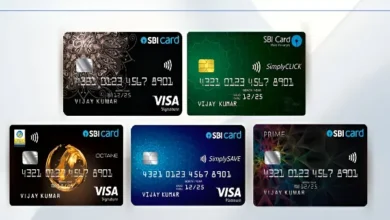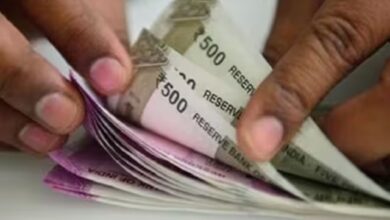AI-Generated Content From OpenAI And Other Platforms Will Now Be Marked On TikTok
(Reuters) –TikTok said on Thursday that it would begin using a digital watermark called Content Credentials to identify photos and videos posted to its video-sharing platform that were produced using artificial intelligence.

Researchers are worried that artificial intelligence (AI)-generated material may be exploited to influence the results of the US elections this autumn. TikTok was one of 20 internet firms that earlier this year signed an agreement promising to combat this threat.
The new approach will add a label to movies and photos produced outside of the service. Currently, the business labels AI-generated material created using tools inside the app.
“We also have policies that prohibit realistic AI that is not labeled, so if realistic AI (generated contents) appears on the platform, then we will remove it as violating our community guidelines,” TikTok’s head of operations, trust, and safety, Adam Presser, said in an interview.
The Coalition for Content Provenance and Authenticity, which was created by Adobe, Microsoft, and other corporations, led the development of the Content Credentials technology, which is available for use by other businesses.
Some have already embraced it, like OpenAI, the inventor of ChatGPT.
Both Meta Platforms, the company that owns Instagram and Facebook, and Alphabet’s Google, which controls YouTube, have said that they want to adopt content credentials.
The platform that distributes the material and the creator of the generative AI tool that creates it must both agree to follow the industry standard for the system to function.
For example, when someone uses OpenAI’s Dall-E tool to create a picture, OpenAI adds data to the file that may subsequently be used to detect if the image has been altered and adds a watermark to the final product.
The highlighted picture will be automatically tagged as AI-generated if it is later published on TikTok.
With 170 million users, TikTok is owned by ByteDance in China. A piece of legislation was recently enacted in the United States mandating that ByteDance sell TikTok or risk being banned. The First Amendment is allegedly violated by the legislation, which TikTok and ByteDance are suing to prevent.







